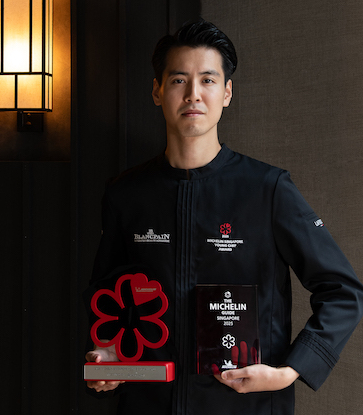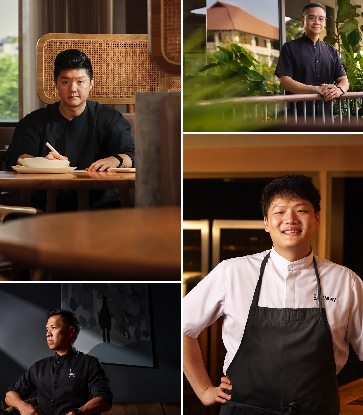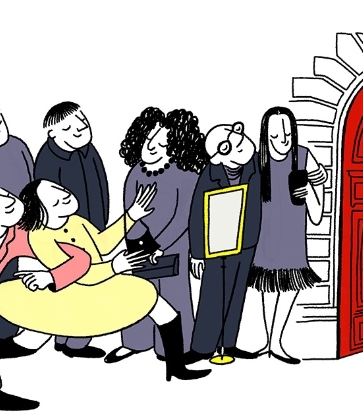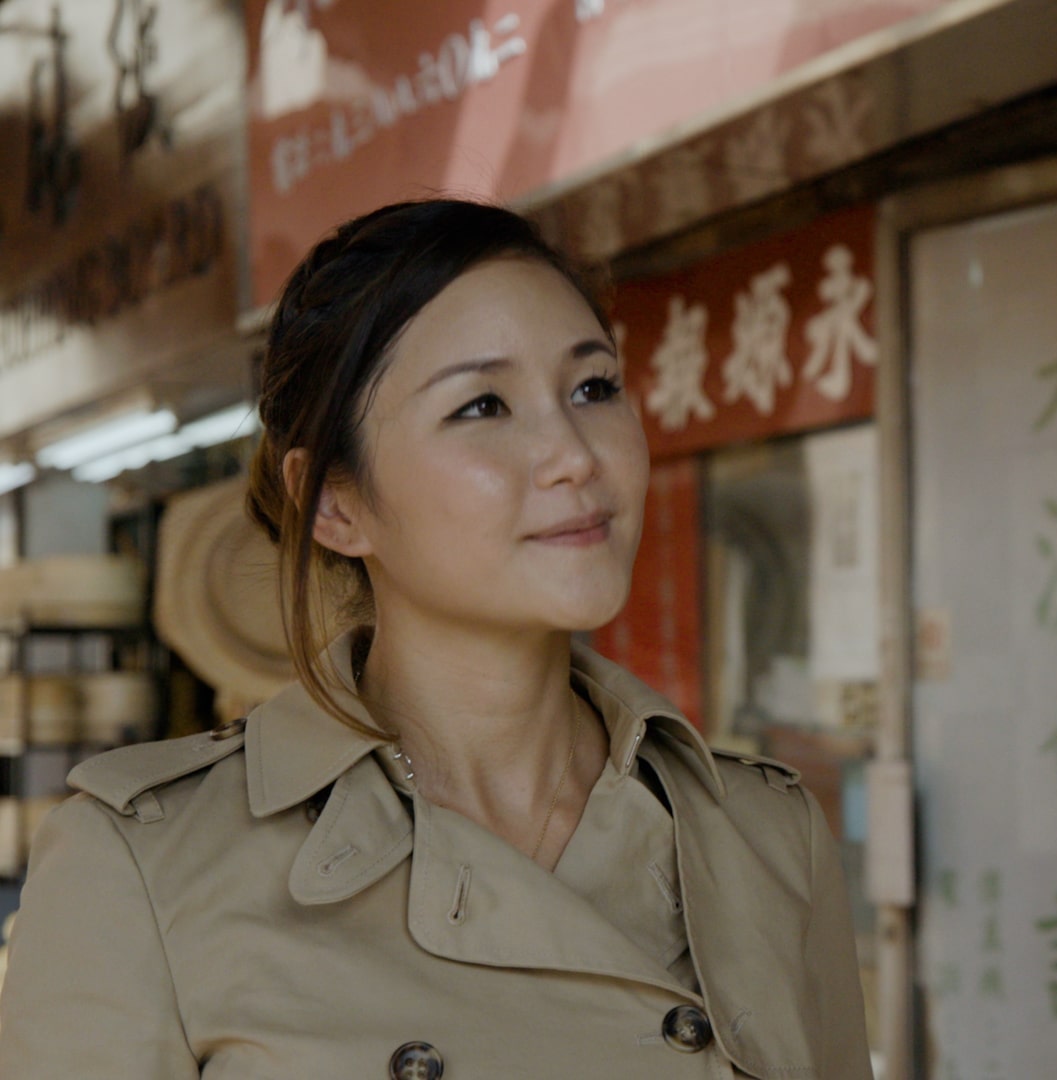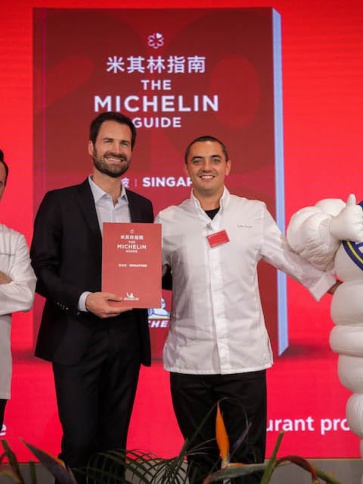The 43-year-old father of two recalls: “Initially, I was not used to it as I had to wake up while most people were in dream land. But once you get accustomed to the tiredness, it becomes an early morning routine.”
After mulling over quitting his job for three years, he decided that “enough was enough” and gave up his $3,000-a-month job to join Hoo Kee Bak Chang full-time in 2010. He says: “The main reason that pushed me into this business was seeing how hard my parents, who were getting old, work every day, so it was time for me to lighten their workload.”

Business has also been growing steadily. On a regular day, Hoo Kee Bak Chang sells about 400 rice dumplings daily. Production increases by 2½ times during the peak Dragon Boat Festival season. The festival happens on next Monday (June 18) this year.
The shop offers four types of Hokkien-style rice dumplings or bak chang — Original, Salted Egg Yolk, Mushrooms and Deluxe, an all-in-one version that comprises salted egg yolk and mushrooms. Most of the dumplings have been booked in the months leading up to the festival.

Each of them deftly filled up cup folded from bamboo leaves with rice and piled them with meat, chestnuts, mushrooms and salted egg yolk before dexterously tying the pyramids with raffia string. A worker later hoisted bundles of rice dumplings into a gigantic pressure cooker.
After making deliveries to their Amoy Street Food Centre stall, the younger Chew returns to help his parents with the remaining dumplings for the day. Tying up the parcels of rice dumpling seamlessly, his hands have been honed by years of practice. “I was fascinated by how my uncles, aunties and grandmother make bak chang when I was young,” he recalls fondly. “My dad, who is my shifu (master in Chinese), has high standards and I kept doing it until he was happy with the dumplings.”
““If I didn’t join this business and keep it alive, it might not last. As once my father retires, there will not be anyone doing it. I think that heritage is a very important part of me.””

A man of many culinary skills, he decided to put his rice dumpling-making expertises to good use. In the 1950s and 1960s, the business flourished and he took over the coffeeshop that was behind his makeshift stall along the bustling Amoy Street. In 1984, Hoo Kee relocated to its current location in Amoy Street Food Centre following the government’s ban on street hawkers.
The younger Chew is filled with nostalgia for the convivial buzz that surrounds the roadside stall. He says: “During the peak rice dumpling season, all the children would not go to school and helped out at the shop.”

On what steered him to return to his family business, he notes it holds great sentimental value for him. Turning emotional, he says: “If I didn’t join this business and keep it alive, it might not last. As once my father retires, there will not be anyone doing it. I think that heritage is a very important part of me.”
“If Hoo Kee Bak Chang is still around, it will bring joy to those who have been eating our rice dumplings for a long time. And for generations to come, they can have a taste of what my forefathers have done.”




